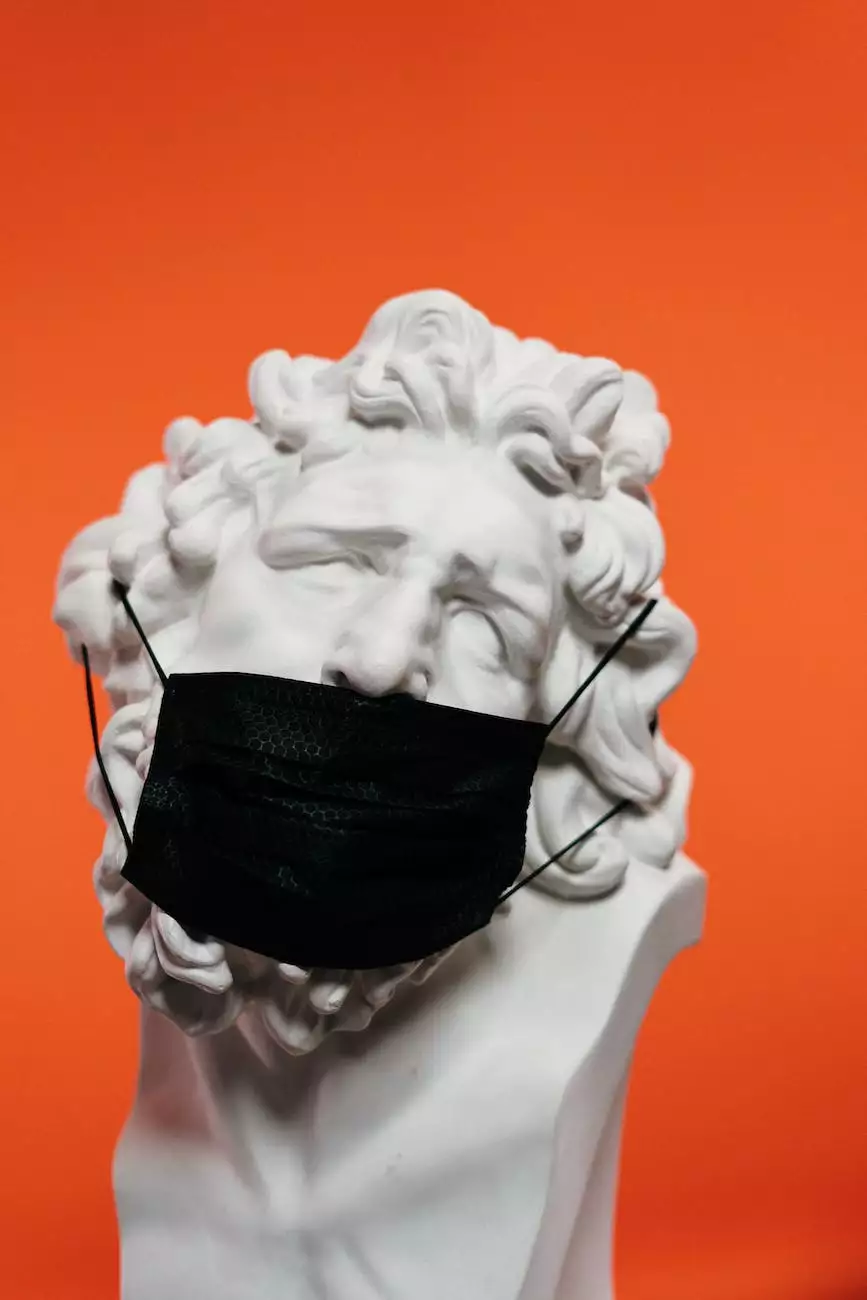Understanding Why Qualified Immunity Is So Controversial

The Concept of Qualified Immunity
In the realm of law and government, qualified immunity is a highly debated and controversial concept that tends to garner a lot of attention. It refers to the legal doctrine that shields government officials, including law enforcement officers, from being held personally liable for violating an individual's rights during the course of their duties, as long as their actions do not violate clearly established statutory or constitutional rights. This immunity makes it difficult for victims of alleged misconduct to seek justice and hold accountable those responsible.
The Origins and Purpose of Qualified Immunity
Qualified immunity was established by the Supreme Court in the 1967 case of Pearson v. Ray. The doctrine was designed to protect government officials from undue harassment and lawsuits, acknowledging that performing their duties can be a challenging and complex task. It was intended to strike a balance between the need to hold officials accountable for their actions and the recognition that they may make mistakes in the performance of their duties.
The Controversial Impact
While qualified immunity may have had well-intentioned origins, its application and impact over time have sparked intense debate and controversy. Critics argue that it has been used as a shield to protect officers from accountability, even in cases where it is clear that their actions violated individuals' rights. This immunity has made it increasingly difficult for victims and their families to seek justice through civil lawsuits.
Undermining Justice
One of the primary concerns surrounding qualified immunity is that it can hinder justice. Victims of alleged misconduct often encounter significant hurdles when trying to hold government officials accountable for their actions. The burden of proving that officials violated "clearly established" rights can be daunting and challenging to meet, resulting in many legitimate cases being dismissed without proper consideration on their merits.
Perpetuating Issues
Another aspect that fuels the controversy surrounding qualified immunity is the perceived impact on systemic issues within law enforcement and government. Critics assert that the doctrine contributes to a lack of accountability, allowing for the repetition of unconstitutional behavior without consequences. This lack of accountability, they argue, perpetuates a cycle of misconduct and prevents necessary reforms from being implemented.
The Call for Reform
In recent years, the debate over qualified immunity has intensified, with an increasing number of voices advocating for reform or even abolition of the doctrine. Proponents of reform argue that qualified immunity should be limited to cases where officials can demonstrate a reasonable belief that their actions were lawful. They propose creating a clearer and fairer standard that better balances the interests of justice, accountability, and the protection of officials in the performance of their duties.
Conclusion
In summary, qualified immunity has become a highly controversial subject within the legal and government spheres. Its implications on justice, accountability, and the prevention of unconstitutional behavior spark passionate discussions and reactions. As the debate continues, it remains important to consider the various perspectives and work towards finding a balance that respects the rights of individuals while acknowledging the complexities faced by government officials.




